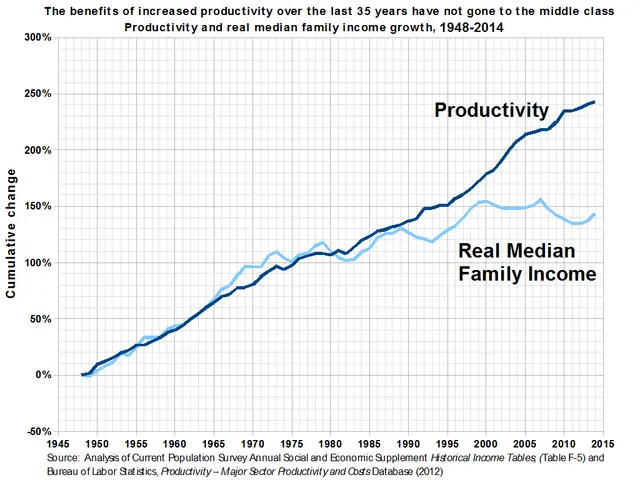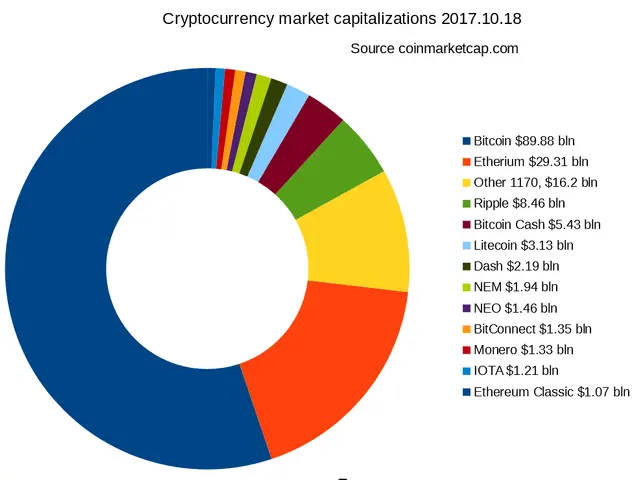AI Investments in Africa Expected to Reach $16.5 Billion by 2030: Mastercard Outlines Strategy for Further Digital Advancement
Mastercard has released a comprehensive whitepaper titled "Harnessing the Transformative Power of AI in Africa." The document provides valuable insights into how Artificial Intelligence (AI) can unlock transformative outcomes across major African industries.
The whitepaper underscores the need for multi-stakeholder collaboration and investment in Africa's AI adoption, emphasizing the importance of responsible, locally rooted AI for driving inclusive growth and connecting more people to opportunity.
Kenya is positioning itself as a regional leader in AI research and development, with the launch of its National AI Strategy (2025-2030). Notably, investments will be channelled into Konza City, also known as "Silicon Savannah," including Chinese investments. The strategy aims to support AI project development and position Kenya as a hub for AI innovation.
South Africa, too, is expected to attract significant AI investment. By 2030, the country is projected to attract USD 3.7 billion in AI investment, with USD 610 million already invested in 2023. The South African government plans to develop up to 300 AI start-ups and train 5,000 AI professionals by 2030.
The unique demographics, mobile-first infrastructure, and entrepreneurial spirit of Africa are highlighted as advantages for AI adoption. AI can increase access to formal finance through AI-enabled credit scoring and fraud prevention. For instance, Kenya's Tala uses mobile data for credit scoring, and Jacaranda Health's UlizaLlama provides maternal health support in five local languages.
Nigeria, which ranks second in the number of AI startups in Africa, is using AI to personalize learning, deliver microfinance, and strengthen governance. In 2023, Nigeria secured USD 218 million in VC investment, further boosting its AI sector.
Morocco is advancing AI adoption across healthcare, energy, agriculture, and finance, with institutions like Mohammed VI Polytechnic University and DeepEcho driving local innovation. The country aims to attract USD 1.1 billion in investment and create 240,000 digital jobs by 2030 under its Digital 2030 strategy.
The whitepaper also warns of potential challenges, such as data fragmentation, language exclusion, and regulatory inconsistency, which could deepen the digital divide in Africa. It outlines the potential positive impact of AI on digital infrastructure, policy and governance, research and development, local language processing, and investment into Africa.
The AI market in Africa is projected to grow from USD 4.5 billion in 2025 to USD 16.5 billion by 2030, according to Statista. This growth is expected to accelerate job creation, with up to 230 million digital jobs projected by 2030.
In conclusion, the whitepaper serves as a valuable resource for understanding the transformative potential of AI in Africa and the steps being taken by various countries to harness this potential. It underscores the need for collaboration and investment to ensure that AI drives inclusive growth and connects more people to opportunity across the continent.








